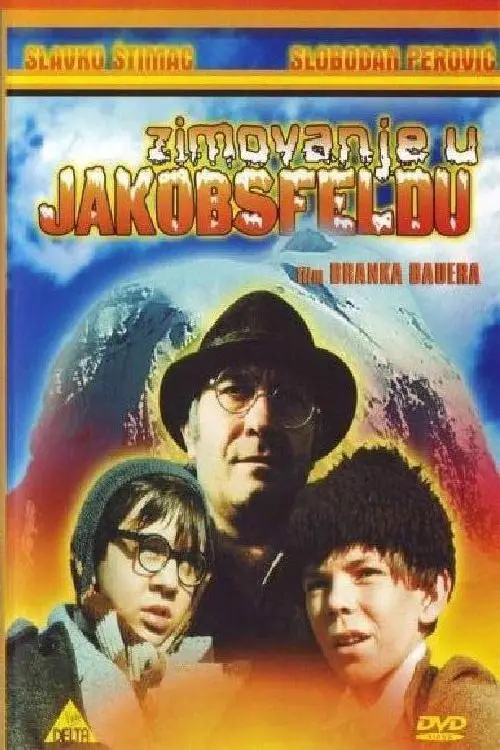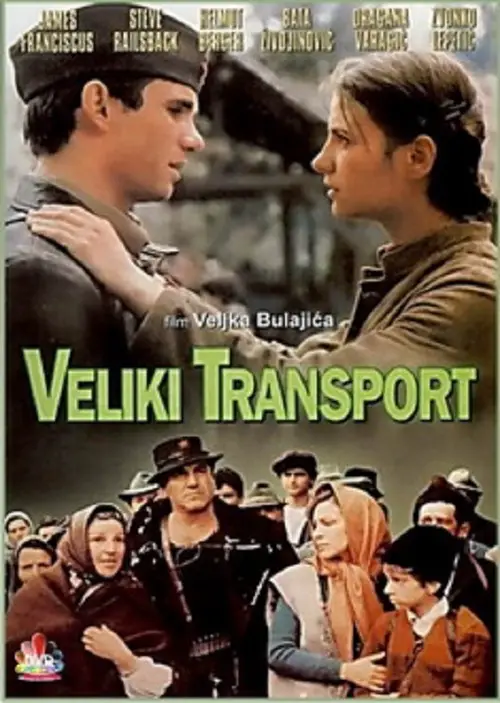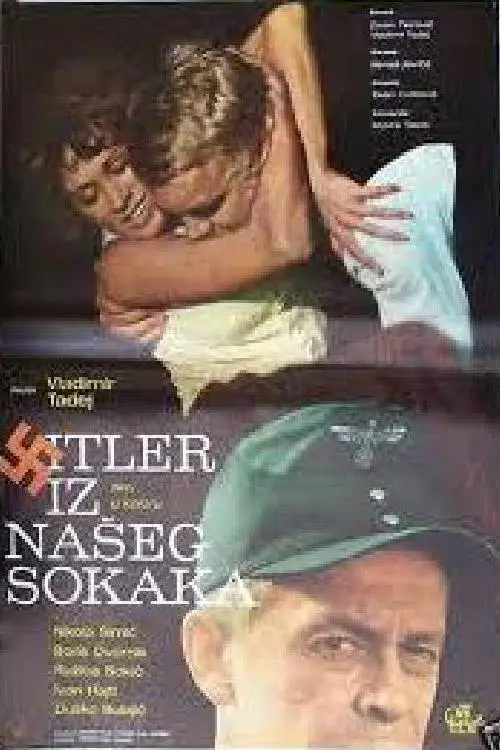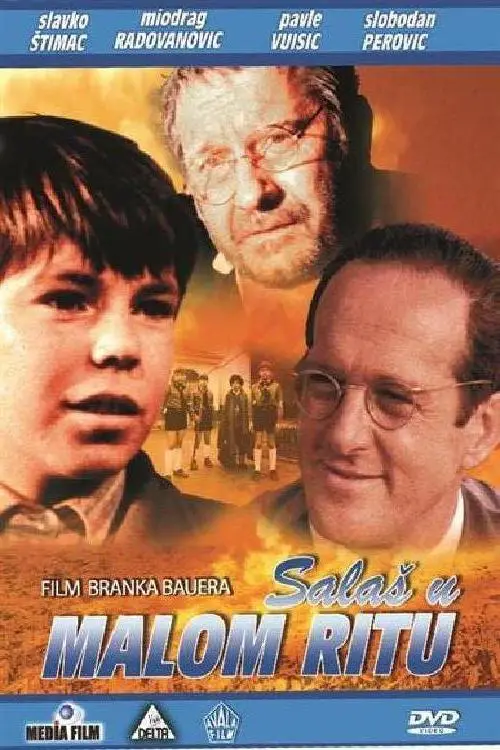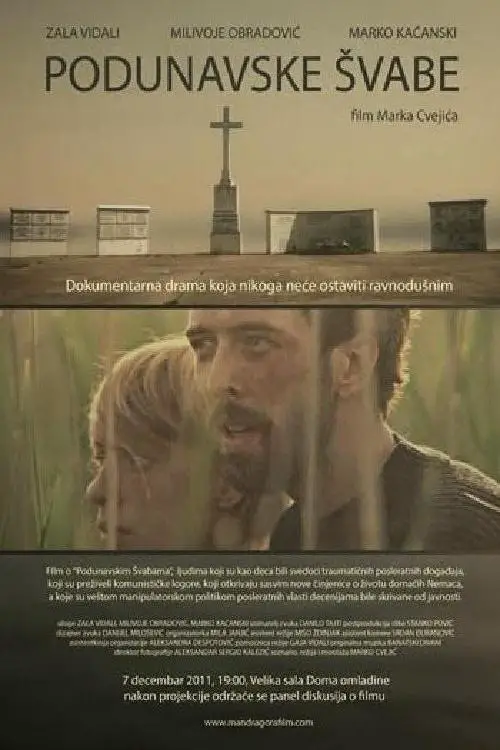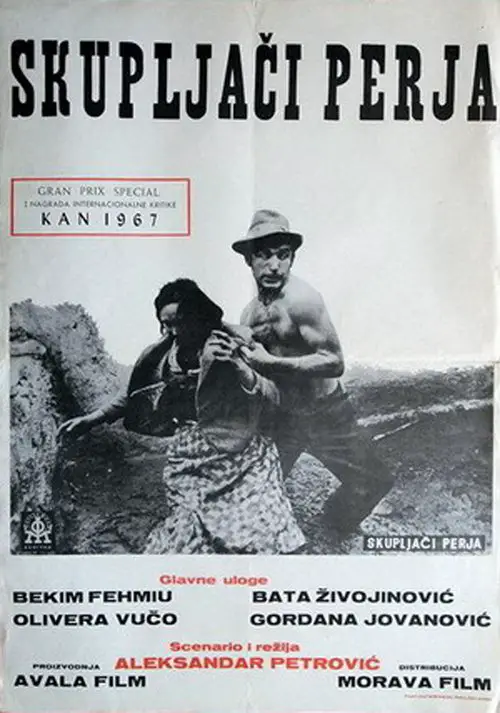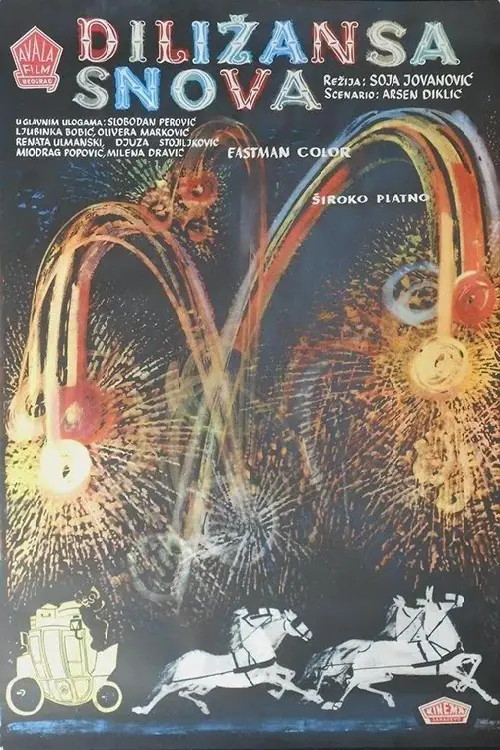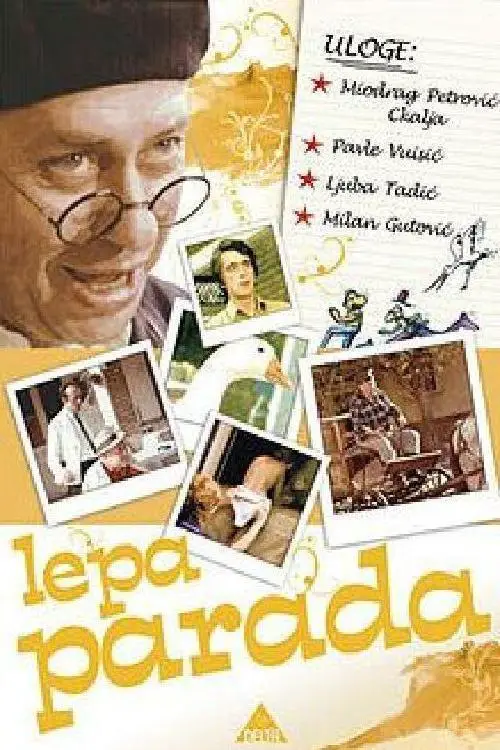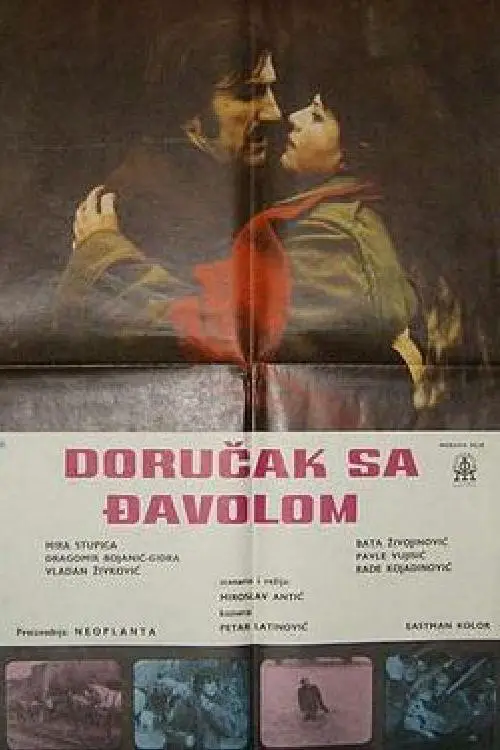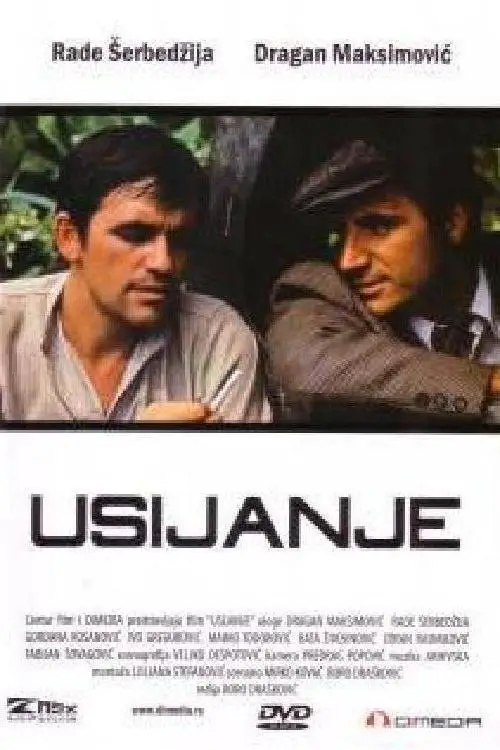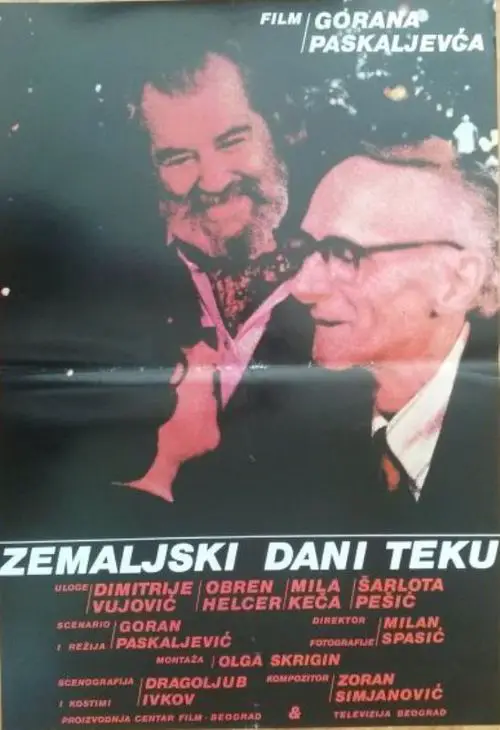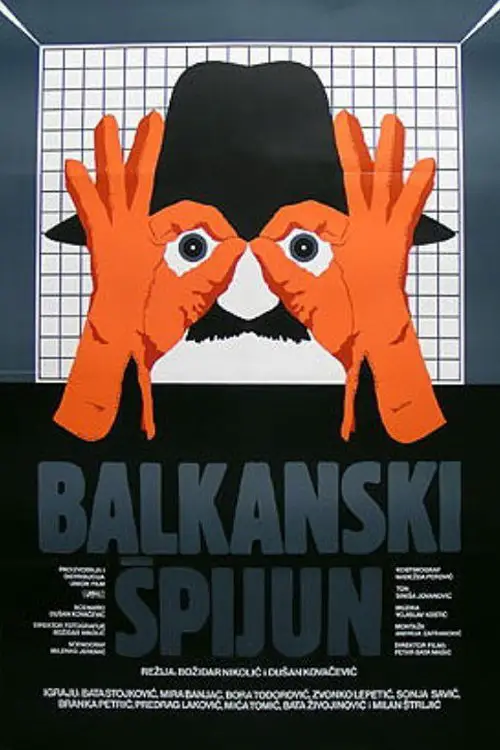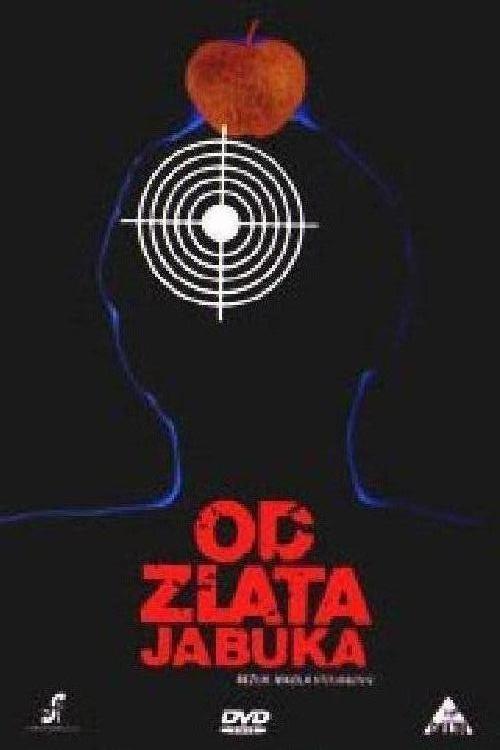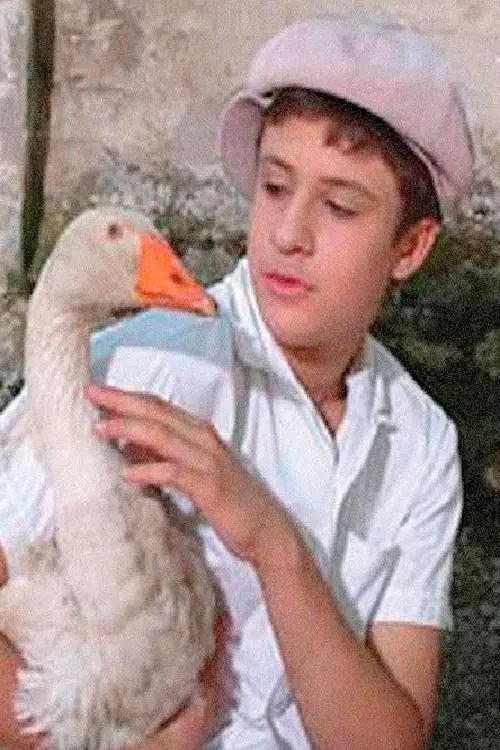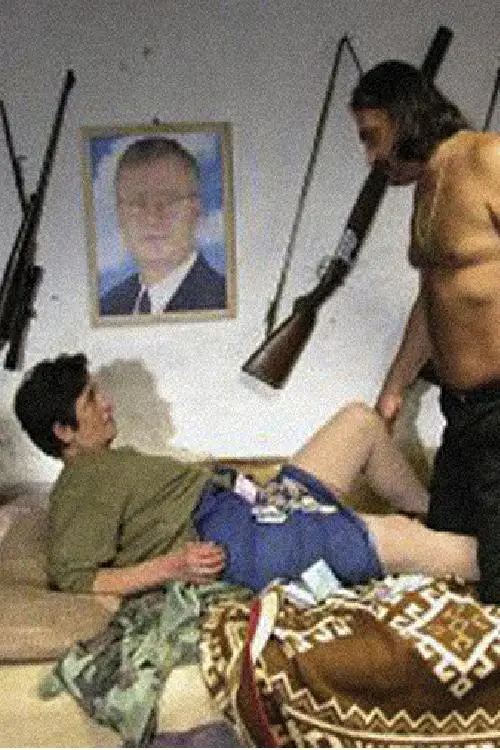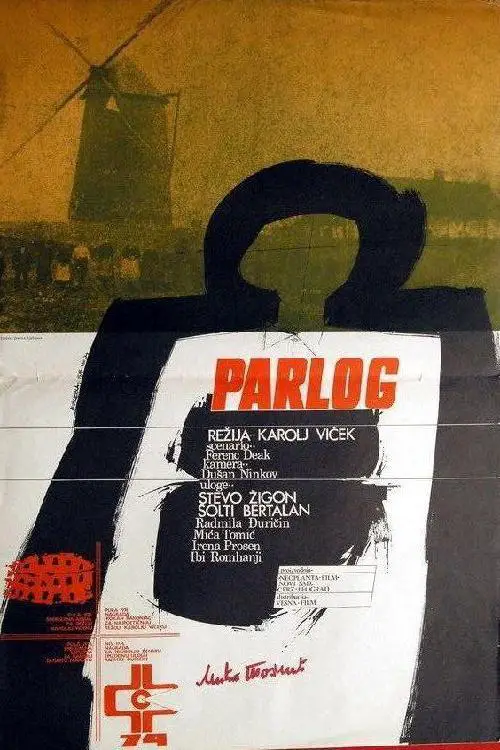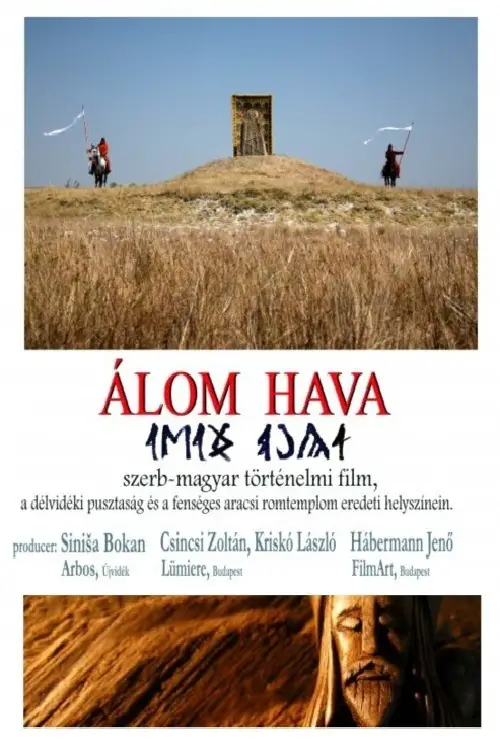Broad Are the Leaves (1981)
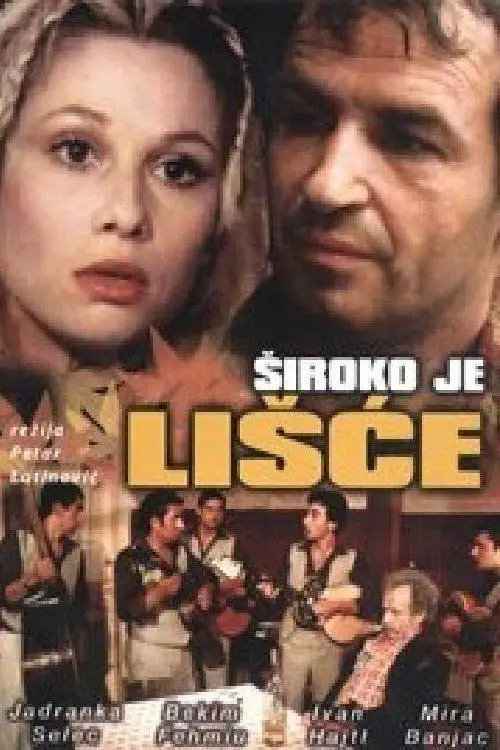
Similar movies
The story takes place during WW II in Vojvodina. Two boys, Milan and Rasa, are sent from a partisan squad to a village for the winter. Soon Rasa becomes very ill and Milan goes to a nearby village populated by Germans. Here he finds a job as servant in Jakob Jerih's house. At night, Milan secretly nurses his friend Rasa in a hut in a swamp near the village. Soon, he finds another hiding place in master Jerih's stable. Jerih likes the diligent Milan and he even considers adopting the boy, but Jerih's cousin and assistant is against this idea. Namely because he counts on inheriting master Jerih's estate.
Before and during WW II and the German occupation of Serbia, in a village in Vojvodina, inhabitants are separated based on their nationality. Local Volksdeutschers (ethnic Germans) enlist with the Nazi occupiers. The village bum, Leksi, jumps at the opportunity to put on a uniform and parade around with a gun. Leksi gets into an argument with villagers Marko and Joca, who devise a plan to get rid of him. At the same time, Marko tries to seduce Leksi's wife, Anika.
War arrives to a small secluded village in Vojvodina. The Germans take a group of hostages through the village and on their way molest a small boy. As revenge the boy sets the German corn on fire. An intelligent and shrewd Gestapo officer Sicer arrives to investigate. He does not even suspect that he is up against a group of small boys, led by Milan and Vaso, and orders that all men from the village be taken to custody. He announces that one man will be shot each day unless the real culprit steps forward. Children contact the partisans.
A docudrama about The Danube Swabians, descendants of the youngest German tribes who, moved to the territory of Vojvodina in the 18th century looking for a better life. The story follows their destiny from the very beginnings of their settlement in this region, through their situation during the WW2 and to the present time. The film tells the story of Maria, a girl who is a descendant of The Danube Swabians. She comes to Vojvodina to find the old house of her grandfather, who was exiled after the War. There she meets a local guy named Misha who helps her in her journey. Together they travel throughout Vojvodina meeting witnesses of traumatic post-war events who have survived the communist camps. During their adventure, they discover completely new facts about The Danube Swabians that have been hidden from the public for decades.
I Even Met Happy Gypsies is a 1967 Yugoslav, original Serbian title is SkupljaÄi perja, which means The Feather Gatherers. The protagonist, Bora, is a charming but mean-spirited gypsy, while his older wife, Lence, is submissive. Bora is in love with the younger Tisa, who is being offered in marriage by her father. The two get themselves in trouble and eventually have to flee. Tisa rejects her husband and she and Bora get married in the church, and their adventures continue. At the 1967 Cannes Film Festival it was nominated for the Palme d'Or and won the Special Grand Prize of the Jury and the FIPRESCI Prize. The film was nominated for the 1968 Academy Award for Best Foreign Language Film and for the Golden Globe Award for Best Foreign Language Film. Bekim Fehmiu also won a Golden Arena award for Best Actor at the 1966 Pula Film Festival for his portrayal of Bora.
A profoundly empathetic, unpretentious and droll account of a how a swarthy, Hemingway-like sailor upends the droning routines of a nursing home when he checks himself in. Though his subtle interactions with the other residents â including his cantankerous roommate who obviously harbours resentment towards his family for putting him out to seed â the sailor gently whisks up an atmosphere of hope and happiness and allows the movie to deliver itâs beautifully simple message: that life should be savoured until the bitter end.
Balkanski Å¡pijun is a 1984 Yugoslav comedy/drama. Ilija ÄvoroviÄ (Bata StojkoviÄ), a former Stalinist who spent several years in a prison on Goli otok, is contacted by the police to routinely answer questions about his tenant, Petar Markov JakovljeviÄ (Bora TodoroviÄ), a businessman, who spent twenty years living in Paris, and now has returned to Belgrade to open a tailor shop. After only several minutes, Ilija is free to go, however, he is starting to suspect that his tenant might be a spy. As the movie goes on, his paranoia increases and more people gets involved: his wife, his daughter, his brother, Jakovljevic's friends.
In the first year of freedom after WW2, a poor family from rocky Herzegovina moves to fertile province of Vojvodina hoping for a better life. However, there they face different type of troubles following the Tito's break-up with Stalin in 1948. Destinies of individual members of this family are about to have a tragic epilogue.
The story of the film is set in the period from the 1940s until today in the Pannonian plain (the plain in the Central Europe), in an area of elusive boundaries, mysterious and unstable spiritual identity. The witness of the time is a Jewish boy Benya Cohn who, with his eye wide open, remembers the tragedy of his family, in the shadow of the Holocaust, concentration camps and new wars.
The screenplay was written immediately after the bombing of Novi Sad, 1999, but it was only a motive to speak up about the people that were humiliated for more than ten years in various ways, and that way became the victims of wrong politics, not only Milosevic's, but Western as well. The title of the movie was born there. In the second book of Moses it is written: " An altar of earth you shall make for me and sacrifice on it your burnt offerings and your peace offerings." The people who suffered most in the wars on this territory are the ones that had no influence of what so ever on the development of situation on the Balkan. But, at the same time. there was ambitious youth, that the sense of their life in these stormy time. The film is about them and that is why it sounds optimistic. Film is about the fact that we will always have the energy to survive senseless time and live normally after that.
It is 1680 â the time of dreamt snow after the Turkish invasion. In the deserted plains of Bácska a living soul cannot be found in a few-daysâ walk. Three former prisoners returning from their Turkish captivity â Long-Legged, Lame and One-Eyed â appear among the crumbling walls of a huge abandoned church without a roof. They are looking for their long lost home. How to revive a disappeared civilization? What is the survivorsâ personal duty? Without a roof, a collapse is inevitable. The Old Man â a master of ancient knowledge â and his daughter come and with sharing sowing seeds they try to save the community of dispersion. No spiritual leader, no aims. Driven by rapacity, One-Eyed kills the Old Man, rapes his daughter and while looking for the remaining seeds he kills Long-Legged with a sudden anger. At the end of the film, the survivors need to face with dramatic encounters and special temptations. Their redemption under the leadership of Lameâs young son is the pledge for the future.
© Valossa 2015–2026
| Privacy Policy
